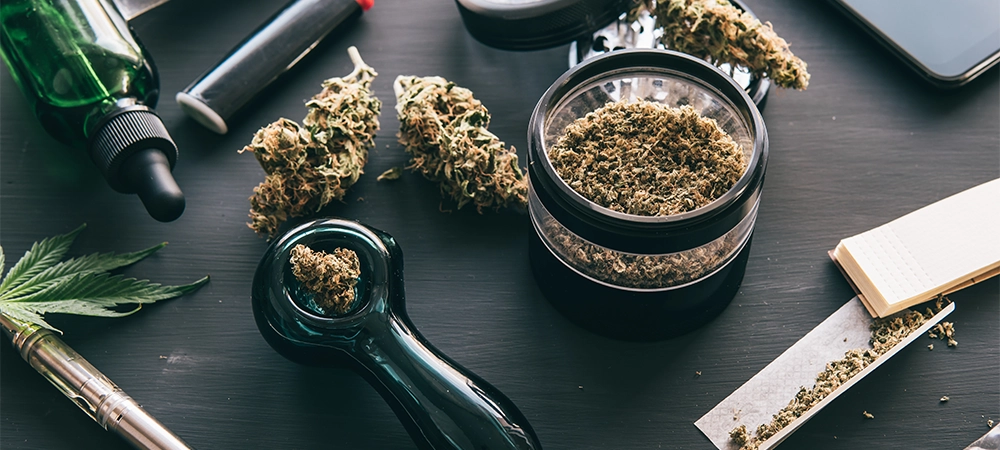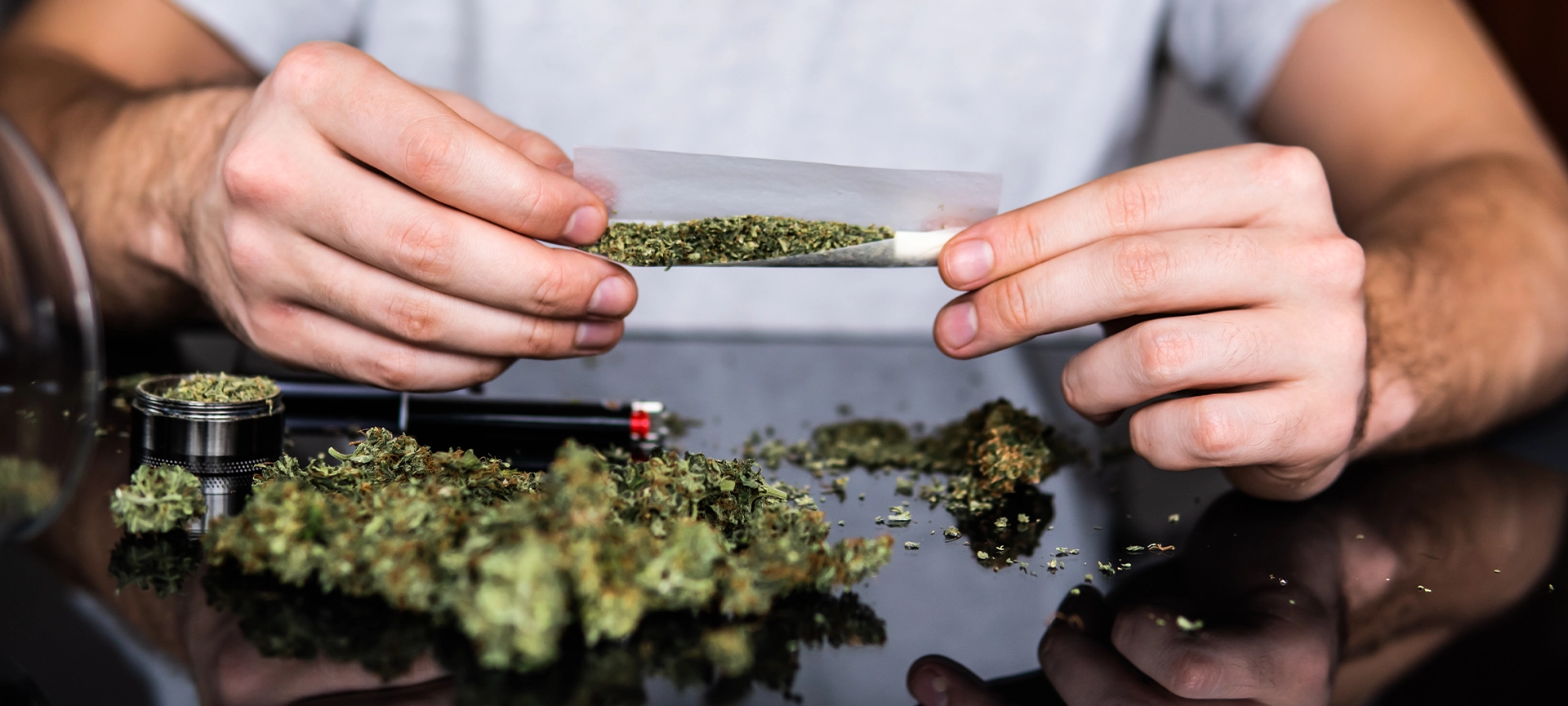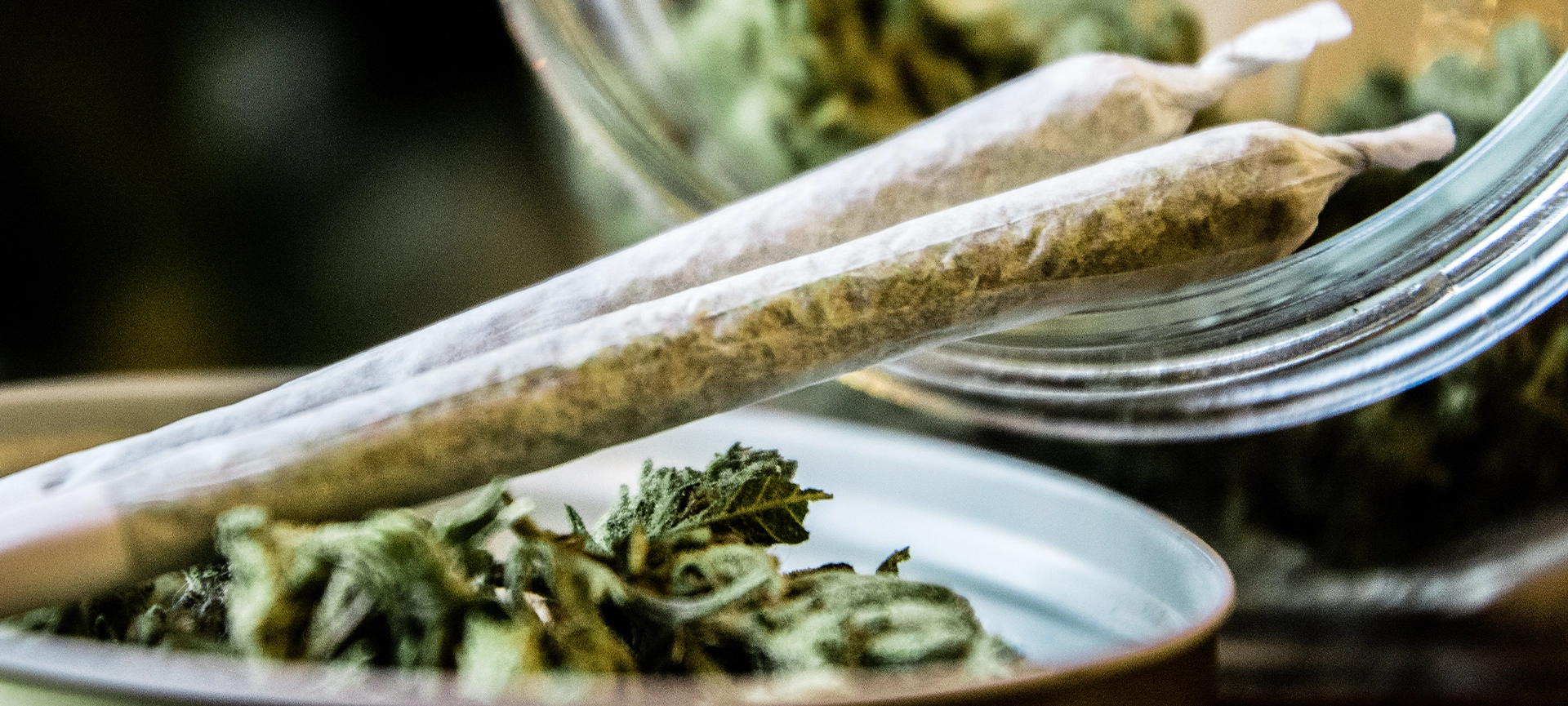Cannabis is the second most abused substance in Canada after alcohol. Quitting weed after smoking the substance for many years isn’t an easy task. You’ll need discipline and a lot of consistency to stop this habit.
According to the Centers for Disease Control, three out of ten marijuana users have a use disorder. A Jama Network 2020 study proves that 47% of users experience withdrawal symptoms when trying to quit.
These withdrawal symptoms may be unbearable, leading users to relapse. Managing withdrawal symptoms when you stop weed requires all the help you can get.
But you can employ mindfulness techniques for managing weed withdrawal that’ll reduce the chances of a relapse. This guide will explore each of these techniques.
What Does Marijuana Withdrawal Anxiety Look Like?
Anxiety caused by cannabis has different reactions from diverse users. The way your cannabis anxiety will unfold may be different from your weed-smoking friend, depending on some factors.
These factors include:
Your Endocannabinoid System (ECS)
The endocannabinoid system is one of the parts of your body directly affected by cannabis.
The endocannabinoid system has receptors that bind to THC, one of the active ingredients in cannabis. One of the receptors is the amygdala, which is found in the brain.
The amygdala is the receptor for your brain’s reaction to emotions like stress, fear, and anxiety. Over time, your amygdala may get used to the high feeling that you get from weed.
As such, you’ll have anxiety when you decide not to consume weed again.
That’s why every weed addiction treatment program will include therapy to help normalize brain receptors.
Type and Grade of Weed
Another factor that affects the intensity of your weed withdrawal anxiety is the weed product. Weed has two significant compounds — Tetrahydrocannabinol (THC) and cannabidiol (CBD).
Tetrahydrocannabinol is the compound responsible for the feeling of highness obtained from cannabis. It’s a psychoactive compound absorbed into the blood and distributed to all parts of your body. Cannabidiol is also an active compound in cannabis, but it’s not a psychoactive compound.
Instead, this compound is responsible for the tired feeling you may get after smoking weed. As such, a cannabis grade that contains more CBD than THC is less likely to cause an anxiety disorder.

Amount of Weed Consumption
A 2018 news report described Toronto as Big Smoke because of the number of weed joints consumed. According to the report, Toronto citizens consume more than 140 million joints yearly.
The more you consume weed, the more your body normalizes itself to its effects. As such, marijuana users with high consumption require more complex weed detox programs than users with little intake.
Gender
Cannabis is legal in most parts of Canada, making it available to both men and women.
According to Statista’s 2021 report, more than 18% of cannabis smokers in Canada were women, while over 24% were men.
Women have higher estrogen levels than men. A study amongst animals suggests that estrogen levels can affect how you react to cannabis. This study proves that females may have a higher sensitivity to cannabis, and the tolerance levels were lower than males by 30%.
As such, cannabis can cause anxiety faster than in males.
Genetics and Underlying Health Factors
Your genes play a significant role in managing weed withdrawal anxiety. According to a 2023 University of Oslo study, your genes can determine if you’ll have an anxiety disorder after stopping weed.
More so, if you have a family history of anxiety and PTSD, it may worsen the case of withdrawal anxiety.
Symptoms of Marijuana-Induced Anxiety
Coping with marijuana withdrawal anxiety can be tricky because of the diversity of the symptoms. You must notice the specific signs to choose the best mindfulness techniques for managing weed withdrawal.
Some of the signs of anxiety caused by marijuana include;
- Hallucinations: This refers to a situation when you’re seeing or feeling things that aren’t existent. You may even interact in that imagination that isn’t real.
- Lack of coordination: An anxious person is usually never coordinated. As such, dirty clothing, rooms, and lack of composure is another good sign.
- Slow judgements: This symptom isn’t prevalent, but weed can confuse users. As such, they’ll take too much time to understand things and make decisions.
- Panic attacks: A weed panic attack is a sign of weed-induced anxiety. The user may start to fear death or any possible bad occurrence. These attacks can be terrifying, lasting only about ten minutes.
Related Article: The Transformative Benefits of Quitting Weed: A Journey to Wellness
Why Mindfulness and Meditation Work for Weed Withdrawal Anxiety
Mindfulness is the control and conditioning of your mind to focus on the present. It normally should be a way of life to help you experience yourself more.
There are different mindfulness techniques you can utilize for managing weed withdrawal symptoms.
What Does Mindfulness Teach You?
Here are some of the benefits of using meditation techniques for managing weed withdrawal:
- Reduce the speed of Things and Gain Control. The world moves too fast, and finding balance and control is hard. But with mindfulness techniques, you can manage your emotions.
- Discipline. Indiscipline is one of the major traits of someone struggling with weed addiction. Mindfulness helps you take control of your mind and maintain discipline.
- Appreciate Present Moments. Focusing on the past will only keep you very frustrated. Mindfulness will make you more aware of the present moment.
The effects of mindfulness on weed withdrawal include;
- Self-Discovery and Acceptance. Mindfulness ensures you focus inwardly and on your habits. As such, you’ll get to know yourself and better understand the reasons behind your decision.
- Stress Reduction. Thinking and moving with the fast pace of the world can cause stress. Mindfulness eases the stress.
- Reduces Depression. Depression is a common weed withdrawal symptom. Mindfulness helps you to appreciate the present moment better. As such, thoughts of depression will be far from you.
- Reduces Relapse Possibility. Weed relapse is very common, especially for long-term users. Mindfulness lets you understand what triggers you to take weed so that you can control it better.

Mindfulness and Meditation Techniques for Managing Weed Withdrawal
There are many mindfulness techniques you can utilize for managing weed withdrawal.
Usually, you’ll need a combination of different mindfulness practices to manage marijuana withdrawal anxiety. But working with a mindfulness expert is always better for knowing what’s best for you.
The expert knows what signs to study and which activities work best for the signs. Also, an expert will know the metric necessary to document progress.
Some of the best medication techniques include;
Meditation
Meditation is a representation of the whole idea of mindfulness. There are different techniques to go about meditating. But usually, mindfulness meditation for weed withdrawal anxiety is trying to help you focus in the present.
It involves anything from thinking, observing, and focusing on things happening in that moment. One of the best meditation techniques for managing weed withdrawal is self-compassion.
Breathing Mindfulness
Breathing is a subconscious activity that’s very important to keep us going. Mindful breathing is a way to draw your focus to life through breathing. In this exercise, you’re taking your time to breathe slowly.
The process involves deep, slow breathing with complete focus. You’ll hear and feel the air coming in and out of your body.
This practice is especially helpful for people with suicidal thoughts caused by weed withdrawal. It helps you appreciate life in its fullness and, as such, should reduce thoughts of suicide.
Journaling
Too many things can go on in your head when you’re anxious. Instead of allowing these thoughts to affect you, journalling is a great option.
Journaling is one of the best mindfulness practices for managing weed withdrawal, as it allows you to hear yourself think. You’ll need a book dedicated to writing out whatever thoughts come to your head.
After writing out your thoughts, you can analyze them and make corrections when necessary. If you notice you have only negative thoughts, your mindfulness therapist knows what to do next.
Journalling may even involve recalling memories and writing them down. This process reminds you of how beautiful life has been.
Mindful Walks
Walking is an activity that rejuvenates your physical and mental health. You’re not particularly walking fast or jogging to get fit. Instead, you’re taking slow, calculated steps, meditating on every movement you make.
Mindful Eating
When was the last time you took time to eat your food? Apart from the first bite of every new meal, we usually don’t have the time to taste every spice and detail. We just want to eat quickly to get going with the next activity.
At times when you’re not eating quickly, you’re probably watching a TV show or surfing the internet. With mindful eating, your mind focuses on the meal, and you savour each bite.
This process has many health benefits, including controlling blood sugar, weight loss, and other benefits.
Mindful Listening
This type of mindfulness practice is great for group sessions with other people suffering from weed withdrawal symptoms. The idea is to help you and other members feel heard and seen.
Each participant will have a specific period to express themselves and their thoughts. Usually, the coordinator will ask participants to discuss something that affects them and their stress levels. So, you feel less stressed when you share your story and see that people listen to you.
Mindful Visualization
One of the best mindfulness techniques for managing weed withdrawal is visualization. Visualization helps you shift your focus away from your stressful situation and on other things. There are different ways to approach mindful visualization.
You can create a visual scene in your head where you’re part of an enjoyable experience. Also, you may need to pick a particular object from your immediate surroundings and create a scene out of it.
Visualization is a tested and trusted mindfulness practice for distraction. If you snap out of what you’re imagining, start again until you can visualize adequately.

Body Scan
Body scans are another effective mindfulness practice for managing weed withdrawal. You can perform a body scan independently without any other tools. The goal is to learn about your physical features and appreciate your body.
There’s no format for how a body scan works. You can stand, sit, or lie down during the process. You can start at any part of your body you deem fit. Remember to focus on one body part at a time.
Mindful Appreciation
Lack of self-love and appreciation can make your weed withdrawal anxiety worse. Appreciation is a mindful technique that allows you to feel grateful.
Mindful appreciation can be for yourself, another person, or a part of your life. You can choose a trait that you have that you’re appreciative of. For example, you may have a singing voice that you must love and appreciate.
Mindful appreciation also cuts across appreciating another person who’s valuable to you. For example, you can appreciate your spouse for being integral to your freedom from addiction.
Finally, you can also appreciate an aspect of your life mindfully.
Mindful Chores
Chores are one of the easiest meditation techniques for managing weed withdrawal. They require time and focus, so you can’t have time for negative thoughts and stress.
- We all have favourite chores that we enjoy doing.
- Pick your favourite chore and concentrate fully on the process.
- Try to pick the sounds, smell, and other intricate details.
That’s how you can be mindful when doing chores.
Related Article: Different Ways to Detox from Weed and How Long It Takes
Coping with Anxiety Through Meditation
Using mindfulness techniques for managing weed withdrawal is an effective method to ensure your freedom from marijuana. Mindfulness allows you to focus on the present moment, leaving no room for regrets of the past.
Coping with marijuana-induced anxieties without the help of a professional wouldn’t get you the best results. A professional has the experience and expertise to identify the best techniques to manage the withdrawal symptoms you’re experiencing.
At Addiction Rehab Toronto, mindfulness is part of our addiction treatment process. Our experts will first examine you to identify your symptoms and then determine the meditation techniques you should utilize.
Call us at 1-855-787-2424 to discuss options for managing weed detox and withdrawal symptoms.







